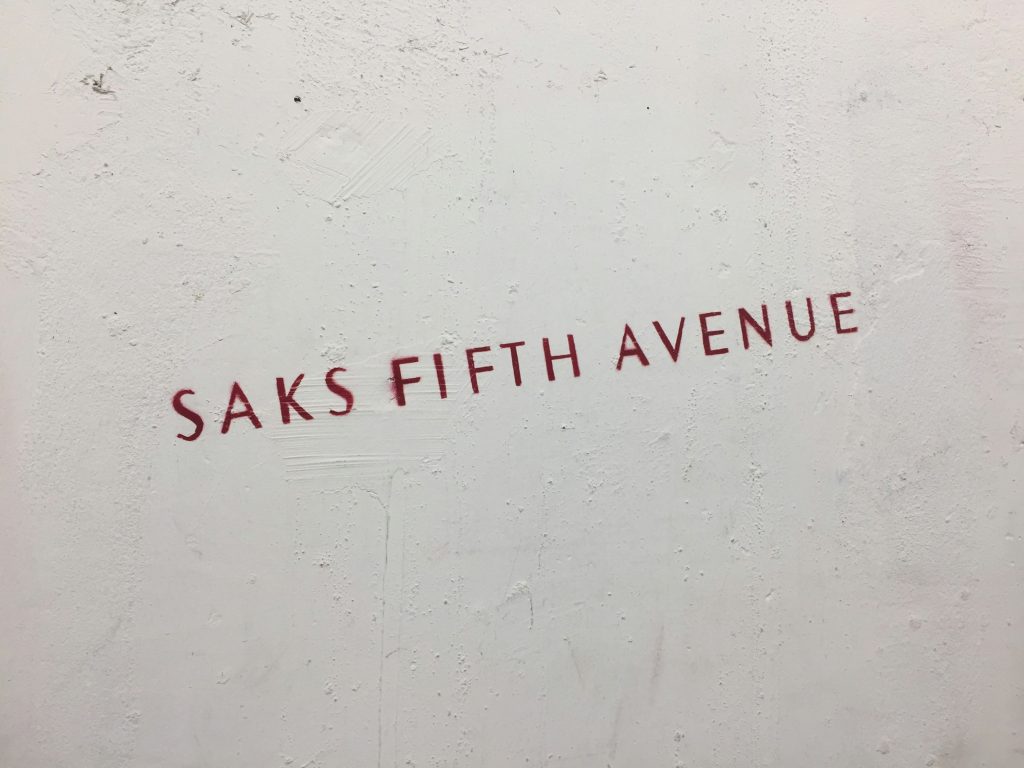Altitude Express, Inc. v. Zarda: How the Supreme Court’s Decision May Affect Corporate Culture and Company Policies
PDF Available
By Jada Allender
Altitude Express, Inc. v. Zarda is currently before the Supreme Court to determine whether discrimination based on sexual orientation is prohibited by Title VII of the Civil Rights Act of 1964.[1] Oral argument was heard on October 8, 2019 and a decision is expected in 2020. The impact of the Zarda decision will extend far beyond its impact on civil rights and the push for equality in the LGBTQ community. This decision has the potential to induce mass change on employment practices and policies in companies across the United States.
Title VII makes it unlawful “for an employer . . . to discriminate against any individual . . . because of such individual’s . . . sex.”[2] Currently, the Circuit Courts are split as to whether discrimination on the basis of sexual orientation constitutes discrimination “because of . . . sex,” and thus prohibited by Title VII. Currently, the First, Third, Fifth, Sixth, Eighth, Ninth and Eleventh Circuit Courts have yet to recognize Title VII protections for discrimination based on sexual orientation.[3] Accordingly, companies across the nation need to be prepared to substantially modify their workplace policies since the law in these jurisdictions may completely flip after the Supreme Court’s ruling in Zarda. Companies may also want to be ready for widespread employee training to confront their employees’ behaviors in the workplace as they may be liable for sexual orientation discrimination following the decision.
It is also important to remember that some District Courts within these circuits have already gone against or distinguished from past precedent and recognized sexual orientation discrimination under Title VII. Further, some cities and states within the mentioned circuits have their own laws prohibiting sexual orientation discrimination. Consequently, whether or not the Circuit Court recognizes such Title VII protections, companies may need to consider adjusting their corporate culture and policies now to comply with local laws banning sexual orientation discrimination.
Although the Supreme Court may, of course, rule for or against Title VII protections for sexual orientation discrimination for a variety of reasons, recall that the Court has previously expanded discrimination “because of sex” and the protections for the LGBTQ community. In 1989, the Supreme Court in Price Waterhouse v. Hopkins expanded the interpretation of discrimination “because of sex” to include gender stereotyping as a cognizable Title VII claim.[4] Additionally, in 2015, in Obergefell v. Hodges, the Supreme Court held that same-sex couples have the right to marry.[5] With the Court’s history of expanding the rights of the LGBTQ community and expanding the interpretation of discrimination “because of sex,” companies may want to consider how their culture, policies, and practices should be changed in light of a ruling in favor of cognizable sexual orientation discrimination Title VII claims.
[1] Granted & Noted List, October Term 2019 Cases for Argument, Supreme Court of the United States (Oct. 18, 2019), https://www.supremecourt.gov/orders/19grantednotedlist.pdf. Zarda was consolidated with Bostock v. Clayton County, GA. Id. The Supreme Court granted cert on Zarda v. Altitude Express, in which the Second Circuit reversed a grant of summary judgment for the employer, where plaintiff’s coworkers “routinely referenced sexual orientation,” holding that “Title VII prohibits discrimination on the basis of sexual orientation as discrimination ‘because of . . . sex.’” 883 F.3d at 108. In so ruling, the court applied “Price Waterhouse to sexual orientation” and concluded that “the employer has acted on the basis of gender” when, but-for being a man, the employee wouldn’t have been harassed for attraction to men. Id. at 120-21 (citing Price Waterhouse v. Hopkins, 490 U.S. 228, 241 (1989)).
[2] 42 U.S.C. § 2000e –2(a)(1) (2012).
[3] See Higgins v. New Balance Athletic Shoe, Inc., 194 F.3d 252, 259 (1st Cir. 1999) (“Title VII does not proscribe harassment simply because of sexual orientation”); Bibby v. Philadelphia Coca Cola Bottling Co., 260 F.3d 257, 261 (3d Cir. 2001) (“Title VII does not prohibit discrimination based on sexual orientation”); Blum v. Gulf Oil Corp., 597 F.2d 936 (5th Cir. 1979) (holding that Title VII does not prohibit discrimination on the basis of sexual orientation); Vickers v. Fairfield Medical Center, 453 F.3d 757, 762 (6th Cir. 2006) (“[S]exual orientation is not a prohibited basis for discriminatory acts under Title VII”); Williamson v. A.G. Edwards & Sons, Inc., 876 F.2d 69, 70 (8th Cir. 1989) (“Title VII does not prohibit discrimination against homosexuals”); Rene v. MGM Grand Hotel, Inc., 305 F.3d 1061, 1063-64 (9th Cir. 2002) (“[A]n employee’s sexual orientation is irrelevant for purposes of Title VII…That the harasser is, or may be, motivated by hostility based on sexual orientation is similarly irrelevant, and neither provides nor precludes a cause of action”); Evans v. Georgia Regional Hospital, 850 F.3d 1248 (11th Cir. 2017) (dismissing plaintiff’s claim for sexual orientation based discrimination).
[4] See generally Price Waterhouse v. Hopkins, 490 U.S. 228 (1989).
[5] Obergefell v. Hodges, 135 S. Ct. 2584, 2605 (2015).


